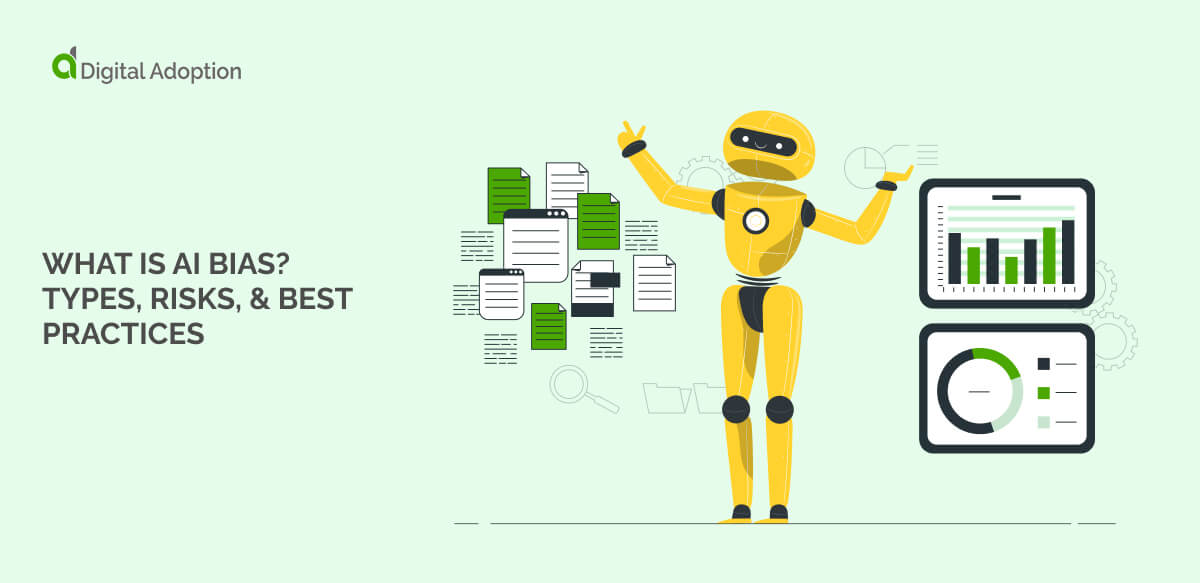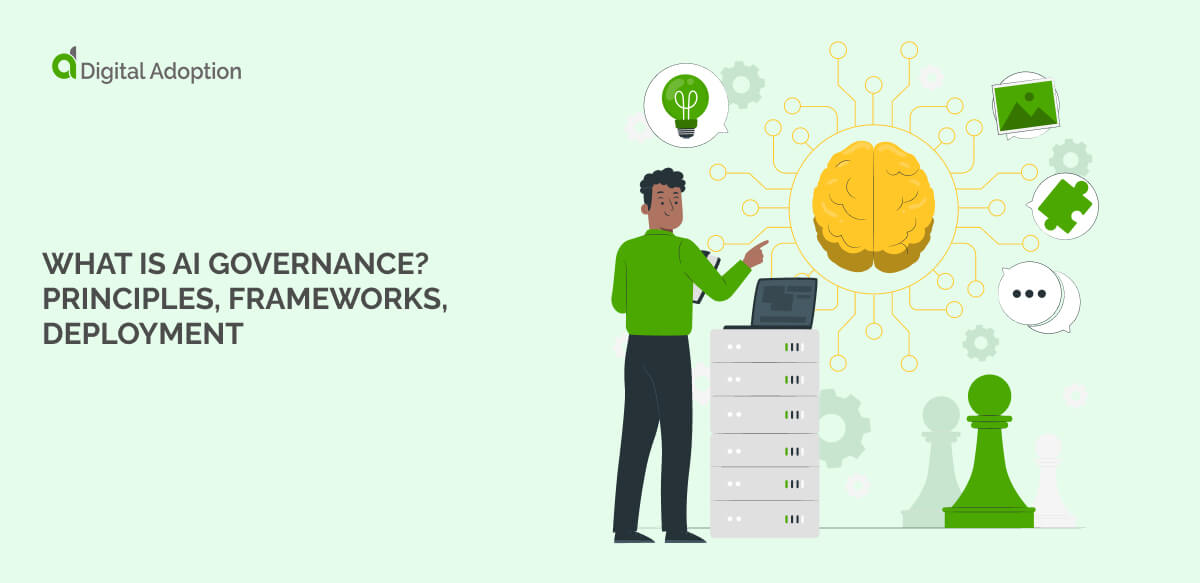Are CIO training and certification programs worth the investment?
There are so many certifications, particularly IT certifications, that claim to support IT leaders’ skills and development.
However, when it comes to the real-world workplace, not all certifications are created equal. For instance, some may be too theoretical, while others may not be relevant or applicable to one’s own work environment.
Below, we’ll discuss the pros and cons of CIO training programs, then look at a few types of certifications that can benefit today’s IT leader.
Are CIO Training and Certifications Worth the Investment?
There are different views on this question.
Some argue that certifications are valuable and even necessary to staying successful as an IT leader. Unsurprisingly, many who make this claim also possess a number of certifications themselves.
Others, however, make the opposite claim: certifications are unnecessary and have no impact on your ability to perform your job.
Those in the first camp suggest that the benefits of IT and CIO certifications include:
- Increased income potential
- Greater marketability
- Knowledge and skills that can improve job performance
Opponents to this view, however, suggest that workers – whether they are IT leaders or knowledge workers – will learn everything they need to know on the job.
Research on this topic is as mixed as the feelings of these two sides. According to research cited by CIO.com, for example, one paper suggested that certifications can boost income by 5%. Another study, on the other hand, found that certifications had little to do with pay raises.
Ultimately, the choice of whether to obtain an IT certification will depend, for the most part, on the individual in question and the employer in question.
That being said, however, there are definitely a few reasons to consider investing in certifications:
- Some employers require certain roles to possess specific certifications
- Some knowledge can only be acquired through training
- Certifications can demonstrate knowledge and dedication to employers
Also, when speaking specifically about CIO training and certification, it is worth noting that the modern CIO must be far more trained than other IT professionals. Training, therefore, can help CIOs acquire the broad range of skills they need to succeed.
Next, let’s look at a few training courses that can help widen the modern CIO’s horizons and offer them the right skills and abilities they need to stay successful.
What Are the Best Certifications for Today’s CIO?
The CIO’s role has been changing for years and it will continue to change for years to come.
In the past, CIOs were largely focused on IT operations and services management. Although CIOs are still IT managers, the role of the CIO is shifting towards business, strategy, and leadership.
Research from many sources, such as IDG, Gartner, and Tata Consultancy Services, for example, found that CIOs are becoming more responsible for:
- Business outcomes
- Revenue and growth
- Digital transformation programs
In short, today’s CIOs are leaders, as well as IT operations managers.
For that reason, it is important to expand one’s training beyond technical certifications.
Below, we’ll look at a few types of training and certification programs that can benefit CIOs, as well as other IT leaders:
ITIL certification. ITIL is perhaps the world’s most well-known and widely used library of guidelines for managing IT services. Since most CIOs are still the ones in charge of their IT programs, obtaining a certification can improve one’s ability to manage IT services.
ISACA certifications. ISACA offers a number of certifications that can be useful for the IT professional. The Certified in Governance of Enterprise IT (CGEIT) is one example. It is obtained by completing a test that covers IT governance in the enterprise, strategic management, benefits realization, risk optimization, and resource optimization.
Big data and analytics certifications. Some enterprises have positions and departments dedicated to data management. However, CIOs who manage data within their companies – or those who simply want to gain an edge – can benefit from a big data and analytics certification. These can also be useful for those who with specific platforms, such as Azure, which has certifications of its own.
Agile certifications. Agile business practices have become more and more common in recent years. Many research firms, in fact, argue that agile will become mandatory for success in tomorrow’s digital economy. Learning agile processes and best practices can ensure that CIOs help their organizations stay nimble and resilient in a world where change is the only constant.
CMMI. The Capability Maturity Model Integration (CMMI) is a framework, or model, designed to help companies improve their product development. This framework was originally developed by the Software Engineering Institute at Carnegie Mellon and is often required for US government software contracts.
Digital adoption. Digital adoption certification, such as the certification offered through WalkMe’s Digital Adoption Institute, focuses on building, managing, and leading digital adoption strategies. Since digital transformation depends on digital adoption, training in this area can help CIOs successfully implement new technology at scale within their organizations.
For more information on digital adoption training, check out our article on DAP certification.













